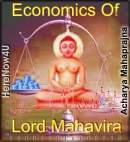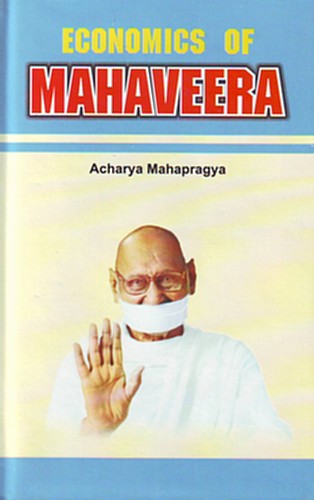 A new world order is envisioned. A new society, a new economic structure, a new political system, everything new is what is desired. This is because what is going on is not satisfying. It is however, not realized that the new that is desired is also old. In our ever-changing world, continuity, genesis and cessation go together. While there is continuity, there is also change. This is the rule of anekant. Change and continuity go together. As a corollary, there is nothing, which is all-new. What is new become old. What is old, if probed deeper, would reveal a number of new elements. A new world order is envisioned. A new society, a new economic structure, a new political system, everything new is what is desired. This is because what is going on is not satisfying. It is however, not realized that the new that is desired is also old. In our ever-changing world, continuity, genesis and cessation go together. While there is continuity, there is also change. This is the rule of anekant. Change and continuity go together. As a corollary, there is nothing, which is all-new. What is new become old. What is old, if probed deeper, would reveal a number of new elements. |
Bhagwan Mahavira analysed the nature of man. Outwardly, man with his own special form, appears different from animals, but human nature is not different from those of many other creatures. A basic element in every creature is passion. In human nature also there is passion. Mahavira says kama kame, man is libidinous. Passion is one of the basic constituents of his nature.
The second element of his nature is lust for wealth. He has craze for money; he aspires to possess wealth. The third element of human nature is religious faith. Man has faith in religion, faith in character. The fourth element of human nature is emotion. Man wants to be emancipated.
There are four elements of human nature - faith in religion, acquisition of wealth, passion and freedom. In the Indian thinking, the linkage of these four objectives of human pursuit has been recognised and accepted. If we keep aside these four human pursuits, and attempt to define man, he cannot be understood fully. To understand him in totality, it is essential to comprehend adequately the four objectives of human nature.
 Acharya Mahaprajna
Acharya Mahaprajna

